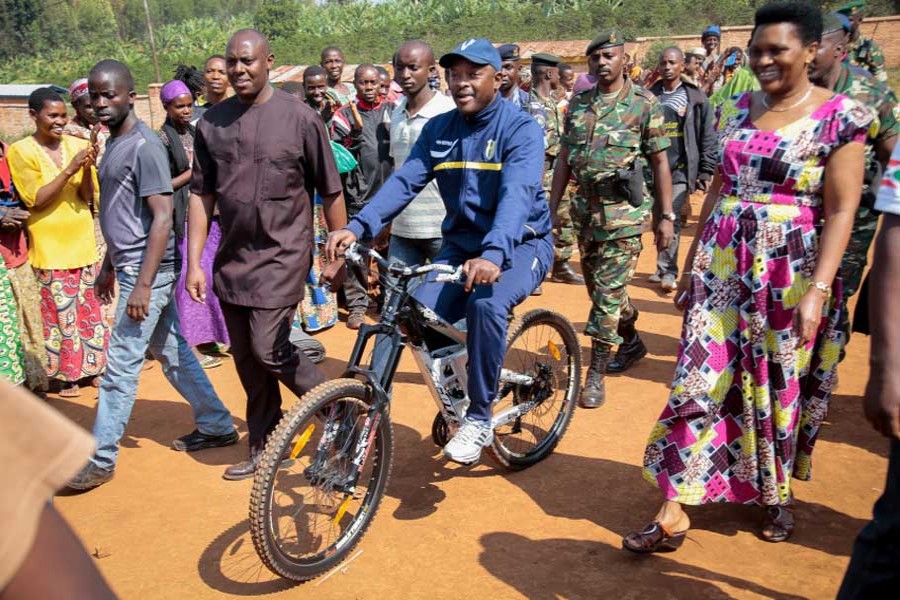Burundi has become the first country to pull out from the International Criminal Court on Friday.
However, according to officials, the court's prosecutor will move ahead with an examination of the East African nation's deadly political turmoil, reports AP.
An ICC spokesman confirmed that the withdrawal took effect a year after Burundi notified the United Nations secretary-general of its intention to leave the court that prosecutes the world's worst atrocities.
Burundi is the only one of three African nations to go ahead with withdrawal after they made moves last year to leave amid accusations that the court focuses too much on the continent.
South Africa's withdrawal was revoked in March. Gambia's new government reversed its withdrawal in February.
On Friday, Burundi's justice minister called the ICC withdrawal "a great achievement" in reinforcing the country's independence. Aimee Laurentine Kanyana also called on police and prosecutors to respect human rights so that "white people" won't have "false proofs to rely on in accusing Burundi."
Burundi's withdrawal doesn't affect the preliminary examination of the country's situation already underway by the court's prosecutor, ICC spokesman Fadi El Abdallah told The Associated Press. That examination began in April 2016.
Burundi has faced deadly political turmoil since April 2015, when President Pierre Nkurunziza announced plans to seek a disputed third term that he ultimately won.
Last month, a UN commission of inquiry report said crimes against humanity, including killings and sexual violence, are still being committed in Burundi and it asked the ICC to open an investigation as soon as possible. Alleged perpetrators include top officials in Burundi's National Intelligence Services and police force, said the UN report, based on interviews with more than 500 witnesses.
Hundreds of thousands of people have fled the country.
Burundi's ICC withdrawal "marks a serious step backwards which risks further isolating the country within the international community," said a spokeswoman for European Union foreign policy chief Federica Mogherini, Catherine Ray, adding that the EU expects Burundi to continue its cooperation with the court.
Human rights groups criticised the pullout and urged the ICC to pursue Burundi's situation.
"Even if President Pierre Nkurunziza's government will not cooperate with the court, the ICC has ways and means to investigate and prosecute the crimes committed," said Matt Cannock, Amnesty International's head of international justice, calling the pullout "a cynical attempt to evade justice."
"Burundi's official withdrawal from the International Criminal Court is the latest example of the government's deplorable efforts to shield those responsible for grave human rights violations from any kind of accountability," Param-Preet Singh, Human Rights Watch's associate director of international justice, said in a statement.


